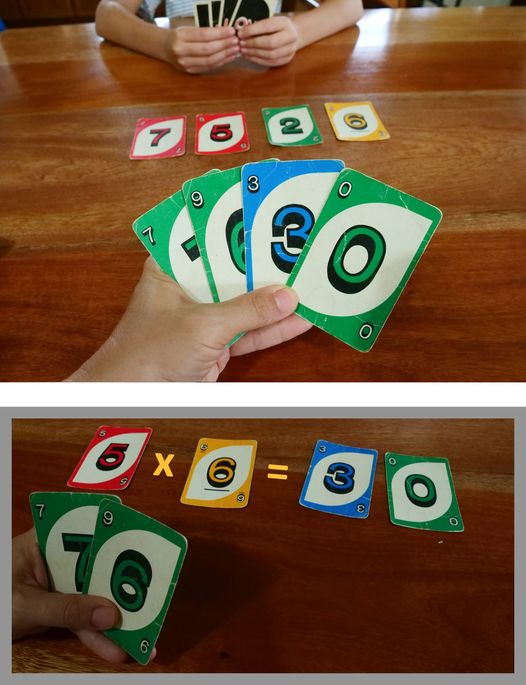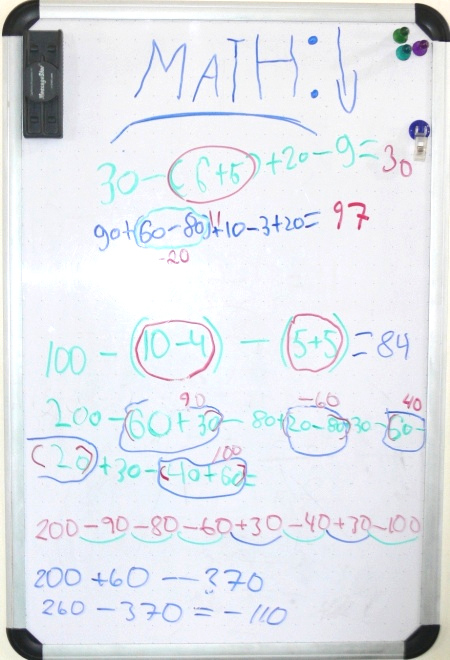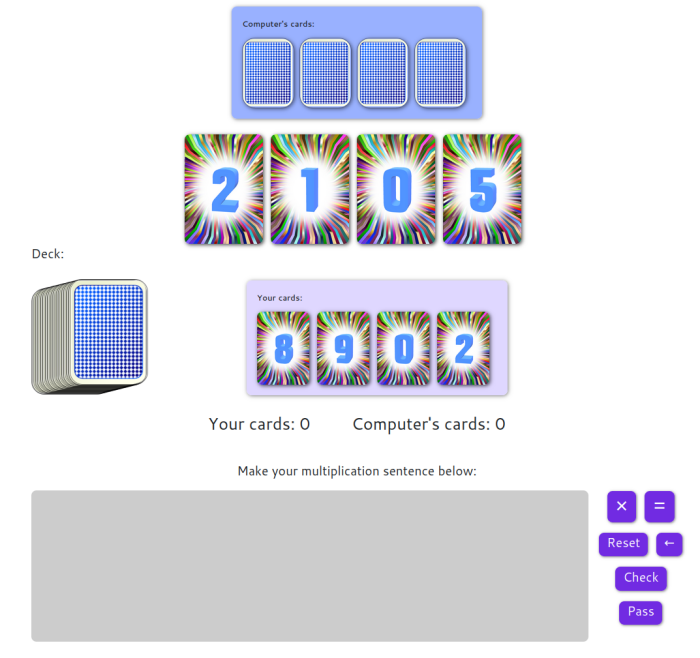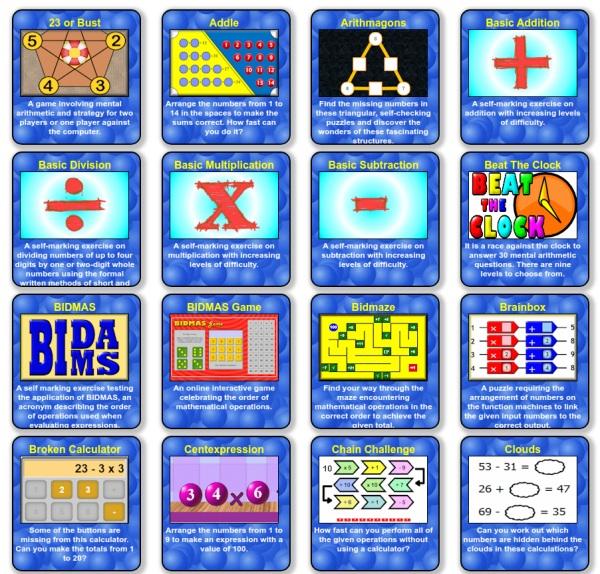 Hi again!
Hi again!
And welcome to a new school year (for many of us)! We have started in the beginning of August (I still homeschool my youngest). But whenever you start, or whether you don't even homeschool, I hope you will have a wonderful August and find something useful in this month's collection of tips. 😀 Read this newsletter online |
1. Math Mammoth news (SALES!)Advance notice: I will run a sale at Math Mammoth website in mid-August. You will be able to get my products at 25% off!Homeschool Buyers Co-op will run a sale for the large MM bundles from 8/22 through 8/31. Rainbow Resource Center will run a sale for the printed books & CDs from 10th through the 16th. LULU is running sales nearly constantly, usually for 10% or 15% off. Right now they have one for 10% off with code BEACH10, valid through August 6. You can find these promotions on Facebook at https://www.facebook.com/Luludotcom or in their newsletter. Follow links to Lulu from the product pages of MathMammoth.com. For the Light Blue series, you can use the links on this page. Or search for Math Mammoth at Lulu.com. Someone wrote in without an email address... so I'll answer their question here. "I was just wondering, what is your accent? I can't tell, but I'm really curious. I love your videos, and I also love all of the fun games and links. Thank you so much for providing Math Mammoth. I am going to ask my mom if I can get my own Mathy." Okay, I have a Finnish accent since I'm originally from Finland. 😁 Sorry... but can't help it! |
2. "Make Multiplications" gameHere's a neat and SIMPLE game to brush up on multiplication facts! 🙂Use number cards (could be playing cards, UNO cards, etc. but remove the face cards and any special cards). Deal each person 4 cards, and also lay 4 cards face up on the table. On your turn, your task is to make a MULTIPLICATION SENTENCE using at least 2 cards from the ones on the table, and some from your hand. You can use 3, 4, 5, or more cards to do so. (Most multiplication facts use 4 cards but sometimes you can manage to use five cards, such as 6 x 13 = 78.) In the image below, I was able to make 5 x 6 = 30.  Then, you get to keep the cards you used to make your multiplication fact (put them to a separate pile). Replace the cards on the table and in your hand so there are 4 on the table again, and that you have 4 again. Then it's the next person's turn. If you can't go, then the turn passes to the next player. If no one can go, deal one more card face up from the stack to the table. If no one can still go, repeat. The WINNER is the most cards in the end. HAVE FUN! We also made an online version of it: In this game, you make multiplication sentences from the cards in your hand and on the table, and try to beat the computer! The computer can be either DUMB, medium smart, or genius.😄 We suggest you try the "dumb" option first.😁 This is suitable for grades 3 on up. |
3. How to improve your mental math skills?An adult asked me about improving their MENTAL MATH skills. They used to be good at math in high school but have lost the ability to do simple calculations in their head, because of using Excel and calculator to perform simple calculations.An interesting question! Using mental math is similar to other skills such as playing a guitar, speaking a foreign language, etc. If you don't use it, you start losing it. So, the idea is to start using it again and it will then start come back. One step would be, don't always use a calculator. 🙂 Force yourself to do it mentally. Another idea: when you go shopping in a grocery store, keep a running total in your head (estimated total), as you add items to cart. Someone mentioned the app Elevate as useful in improving mental math. Then, perhaps you could take some time to play math games that require mental math. Here are some. I'm not saying every game there requires mental math but choose those that do. Some more are found at https://www.mathplayground.com/ and of course at Math Mammoth Practice. If you put forth some effort to gain back the skill of doing mental math, it should come back! |
4. Order of operations and "bubbles"(From my newsletter 10 years ago!)Bubble... or you could call it a "cloud" or "balloon", instead of a "bubble". Anyhow, the idea is simple: in a given math problem with many operations, have the child encircle in a bubble/cloud/balloon the operation to be done first. He/she can use colored pencils or crayons for more fun. I just had this idea when my 2nd daughter was studying order of operations in addition and subtraction... that is, problems with many additions and subtractions, including parenthesis, things like 100 + 20 − (50 + 10) or 20 − 8 − 6 vs. 20 − (8 − 6) (Those problems are found in Math Mammoth grade 3 curriculum.) So what we did was write some of the problems from the book on the whiteboard and she "bubbled" or drew bubbles around the operation to be done first. Well, her bubbles look like ovals, but she was thinking of them as bubbles--and that made it fun for her!  Then we did another fun thing, which is that she made ME a difficult math problem with lots of additions and subtractions. It's seen in the bottom on the board. Then I solved it... and the answer turned out negative! Making problems for mom is always fun for little ones. The same idea will of course work if you are dealing with multiplication and division as well. |
5. Should you use timed tests for math facts?Timed tests for math facts have become very popular in the US. Teachers use them to check if students can quickly recall math facts (automaticity).However, timed tests also have some drawbacks, which can be really damaging:
A teacher can also do a "timed" drill without a clock. State a math problem orally, and simply count to five quietly in your mind while waiting for the student(s) to write or say the answer. Don't let the student(s) know they're "timed", which should prevent most of the anxiety. How can we teach math facts then?There are better methods of teaching a quick recall of math facts that ALSO give students conceptual understanding and help them develop number sense. Number sense is critical: research has found that it is what separates high achievers from low achievers in math.For the initial teaching of math facts, check out these videos of mine that explain the methods I have used with my children. I have gotten lots of positive feedback about them from others as well:
To develop number sense beyond the basic facts, you can use so-called number talks — short discussions among a teacher and students about how to solve a particular mental math problem. The focus is not on the correct answer, but on all the possible methods of finding the answer. |
6. Just for fun!
Thanks for reading! 🙂 Feel free to forward this issue to a friend/colleague! Subscribe here. Till next time, Maria Miller |
| Privacy & your personal data | Contact | Math Mammoth freebies | Placement tests |
| Complete curriculum | Beastly Lesson | Visit us on Facebook | Newsletter Archives |


 They promote and single-handedly CAUSE math anxiety. That doesn't come as a surprise. Researchers have found that when people are stressed, it simply BLOCKS their working memory. I'm sure all of us have had the feeling of "mind going blank" when feeling nervous. It's a true process happening in the brain, and it prevents students from recalling math facts in tests though they know them!
They promote and single-handedly CAUSE math anxiety. That doesn't come as a surprise. Researchers have found that when people are stressed, it simply BLOCKS their working memory. I'm sure all of us have had the feeling of "mind going blank" when feeling nervous. It's a true process happening in the brain, and it prevents students from recalling math facts in tests though they know them! Timed tests convey a message that success in math is about "performance," which is very misleading. We need to see mathematics as a subject that allows creativity (many different solution paths) and is beautiful & fascinating.
Timed tests convey a message that success in math is about "performance," which is very misleading. We need to see mathematics as a subject that allows creativity (many different solution paths) and is beautiful & fascinating.